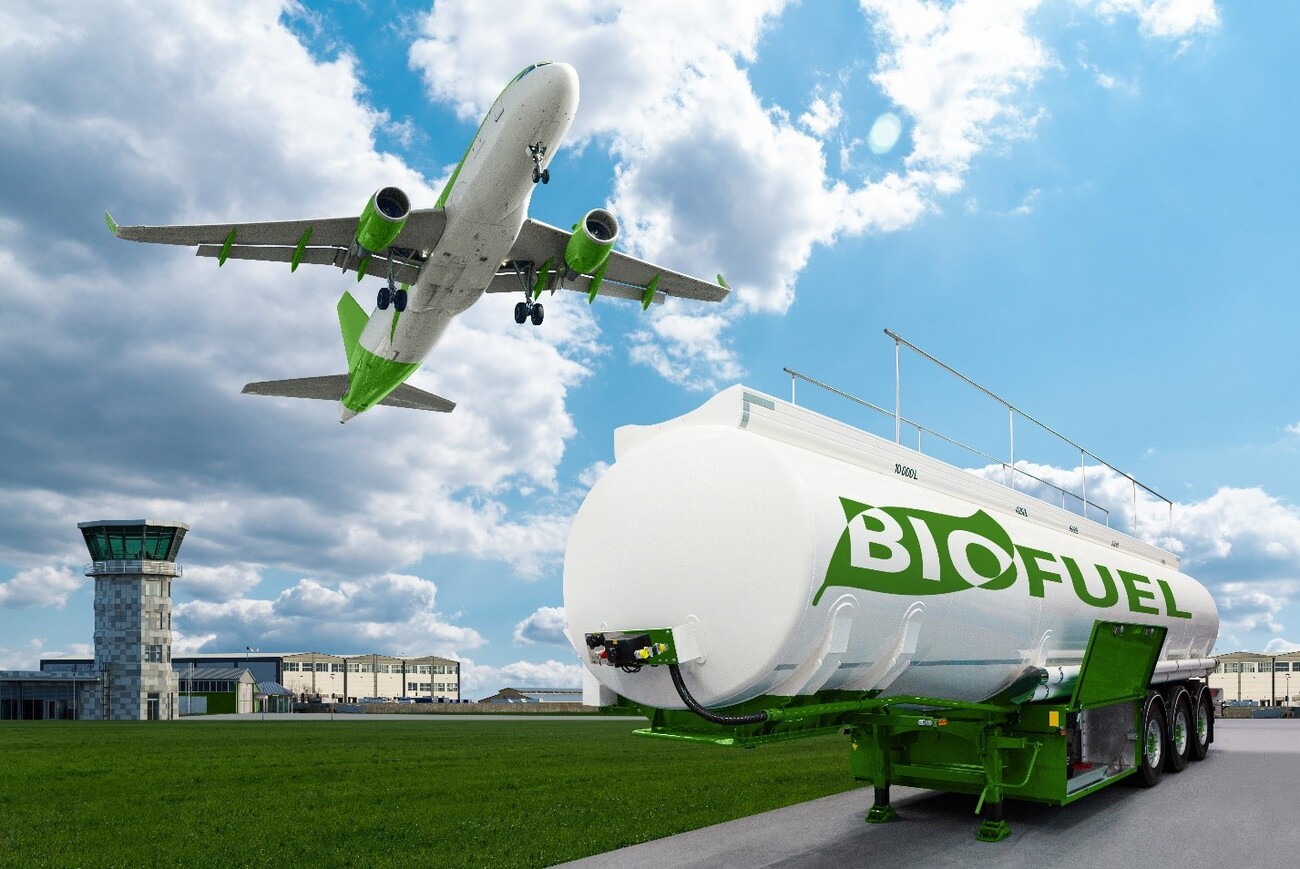
Sustainable fuels are becoming a hot topic as the world seeks greener energy solutions. But what exactly are they? Sustainable fuels are energy sources that can be replenished naturally and have a lower environmental impact compared to fossil fuels. They include biofuels, hydrogen, and even advanced synthetic fuels. These alternatives promise to reduce greenhouse gas emissions and reliance on non-renewable resources. Imagine powering cars, planes, and even homes with energy that doesn't harm the planet. Curious about how these fuels work and their benefits? Let's dive into 23 fascinating facts about sustainable fuels that could change how we think about energy forever.
What Are Sustainable Fuels?
Sustainable fuels are derived from renewable resources. They aim to reduce carbon emissions and reliance on fossil fuels. Here are some fascinating facts about sustainable fuels.
-
Biofuels are made from organic materials like plants and animal waste. They can power vehicles and machinery.
-
Ethanol, a type of biofuel, is often mixed with gasoline to reduce pollution. It's commonly made from corn or sugarcane.
-
Biodiesel is produced from vegetable oils or animal fats. It can be used in diesel engines without modification.
-
Algae can be used to create biofuels. They grow quickly and don't compete with food crops for land.
-
Hydrogen fuel is another sustainable option. When used in fuel cells, it produces only water as a byproduct.
Benefits of Sustainable Fuels
Sustainable fuels offer numerous advantages over traditional fossil fuels. They help combat climate change and promote energy independence.
-
Lower carbon emissions are a significant benefit. Sustainable fuels produce fewer greenhouse gases compared to fossil fuels.
-
Renewable resources ensure a continuous supply. Unlike fossil fuels, which are finite, sustainable fuels can be replenished.
-
Energy security is enhanced. Countries can reduce their dependence on imported oil by producing their own sustainable fuels.
-
Economic growth can be stimulated. Developing and producing sustainable fuels creates jobs and new industries.
-
Reduced air pollution improves public health. Sustainable fuels produce fewer pollutants that harm the environment and human health.
Types of Sustainable Fuels
There are various types of sustainable fuels, each with unique properties and uses. Let's explore some of them.
-
Second-generation biofuels are made from non-food crops or waste materials. They offer a more sustainable alternative to first-generation biofuels.
-
Third-generation biofuels are derived from algae. They have the potential to produce more energy per acre than traditional biofuels.
-
Synthetic fuels are created from carbon dioxide and water using renewable energy. They can be used in existing engines and infrastructure.
-
Advanced biofuels are being developed to improve efficiency and sustainability. These include fuels made from genetically modified organisms or advanced chemical processes.
-
Electricity from renewable sources like wind, solar, and hydro can power electric vehicles. This reduces reliance on fossil fuels for transportation.
Challenges and Innovations
While sustainable fuels have many benefits, they also face challenges. Innovations are helping to overcome these obstacles.
-
High production costs are a major challenge. Research and development are focused on making sustainable fuels more affordable.
-
Infrastructure needs to be updated. Existing fuel distribution systems must be adapted to handle sustainable fuels.
-
Public acceptance is crucial. People need to be educated about the benefits of sustainable fuels to encourage widespread adoption.
-
Government policies play a significant role. Incentives and regulations can promote the use of sustainable fuels.
-
Technological advancements are driving progress. Innovations in production methods and fuel efficiency are making sustainable fuels more viable.
The Future of Sustainable Fuels
The future looks promising for sustainable fuels. Continued research and development will help unlock their full potential.
-
Hybrid vehicles combine traditional engines with electric or biofuel systems. They offer a practical transition to more sustainable transportation.
-
Carbon capture technologies can be integrated with sustainable fuel production. This helps reduce overall carbon emissions.
-
Global collaboration is essential. Countries working together can accelerate the development and adoption of sustainable fuels.
The Future of Sustainable Fuels
Sustainable fuels are more than just a trend. They represent a critical shift towards a cleaner, greener future. From reducing greenhouse gas emissions to promoting energy independence, these fuels offer numerous benefits. Biofuels, hydrogen, and synthetic fuels are leading the charge, each with unique advantages and challenges. Governments and industries worldwide are investing heavily in research and development to make these fuels more efficient and accessible. As technology advances, the cost of sustainable fuels will likely decrease, making them a viable option for more people. Transitioning to sustainable fuels isn't just good for the environment; it's also a smart economic move. By embracing these alternatives, we can reduce our reliance on fossil fuels, create new jobs, and drive innovation. The road ahead may be long, but the potential rewards make the journey worthwhile. Sustainable fuels are the key to a brighter, more sustainable future.
Was this page helpful?
Our commitment to delivering trustworthy and engaging content is at the heart of what we do. Each fact on our site is contributed by real users like you, bringing a wealth of diverse insights and information. To ensure the highest standards of accuracy and reliability, our dedicated editors meticulously review each submission. This process guarantees that the facts we share are not only fascinating but also credible. Trust in our commitment to quality and authenticity as you explore and learn with us.


